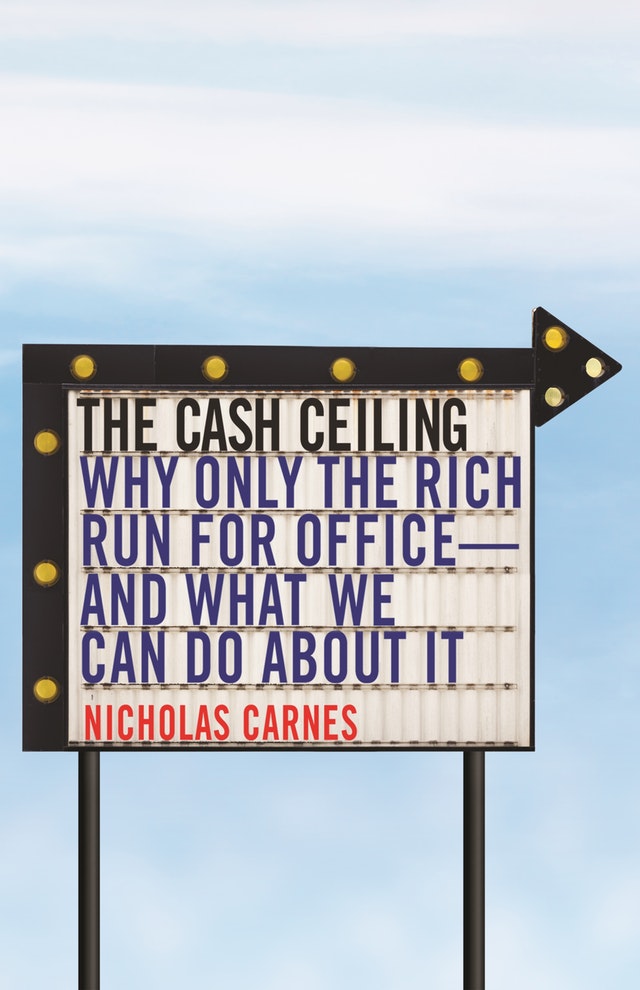
What are they studying
Main question is centered on why working class people do not hold elected office.
What do they find?
Structural Barriers
He finds that there are three structural biases that prevent or at minimum inhibit working class people from politics.
Working class peoples have a higher burden to race. While there are compaign funds available, the act of starting the campaign takes a tremendous amount of time and resources that not all working class peoples can give. For example taking an extended amount of time off or the risk of losing benefits while starting a campaign would be a high enough burden to keep good candidates out of the race.
Working class peoples are asked to run for office. The author finds that most people who run for office are asked by party leaders, local leaders, etc to run for office. Some of this is due to convenience bias. Party leaders and general community leaders tend to move in certain social circles (are often white collar, have time to participate in politics) and thus select from their own social circles. Because recruiting takes a lot of time and energy there is a bias to recruit those who you think will be viable and are more likely to be socially compatible.
Common Arguments
The author also refutes common arguments on why working class peoples do not run for elected office.
How do they find it? (N, method)
Questions/ Comments
Key Quotes
Citation
Please cite this post as:
@misc{Michael2020uc,
author = {DeWitt, Michael},
title = {Michael DeWitt: Summary of the Cash Ceiling},
url = {https://michaeldewittjr.com/readlist/posts/2020-01-24-summary-of-the-cash-ceiling.html/},
year = {2020}
}